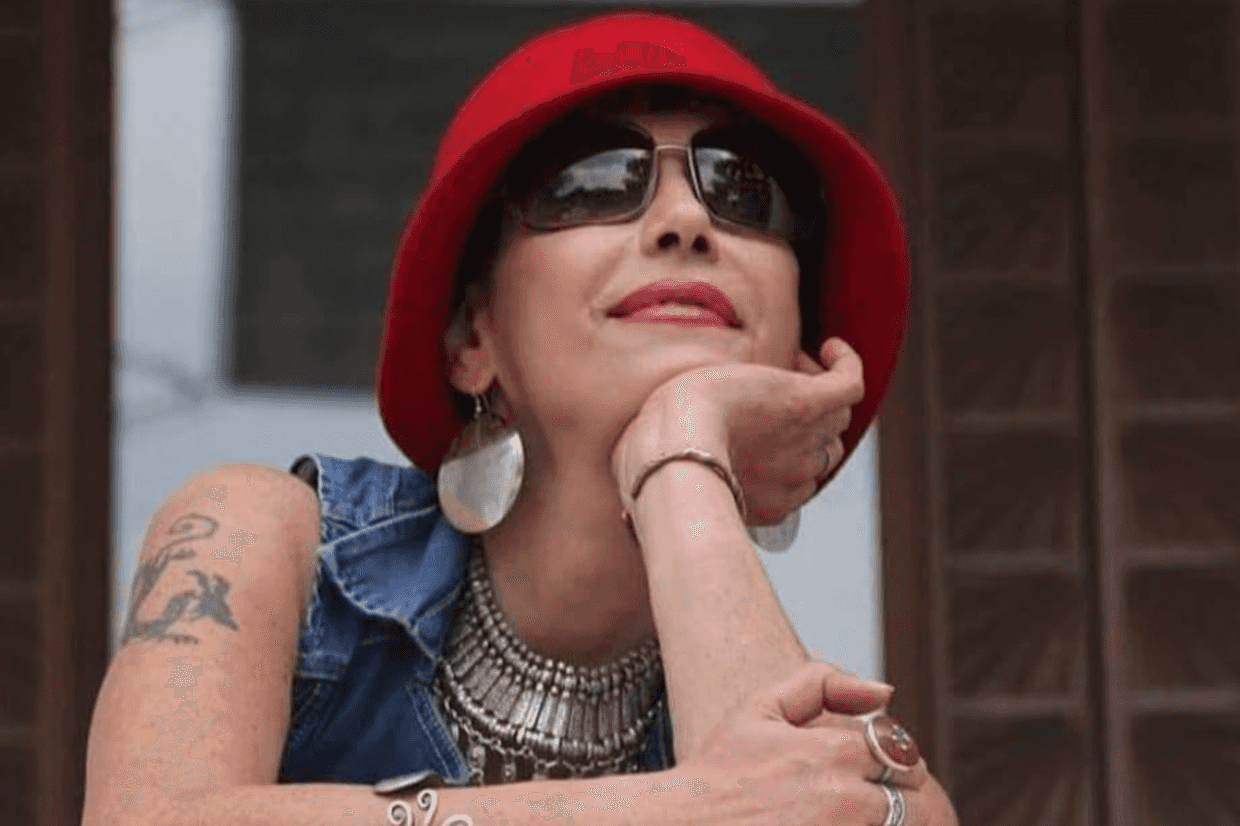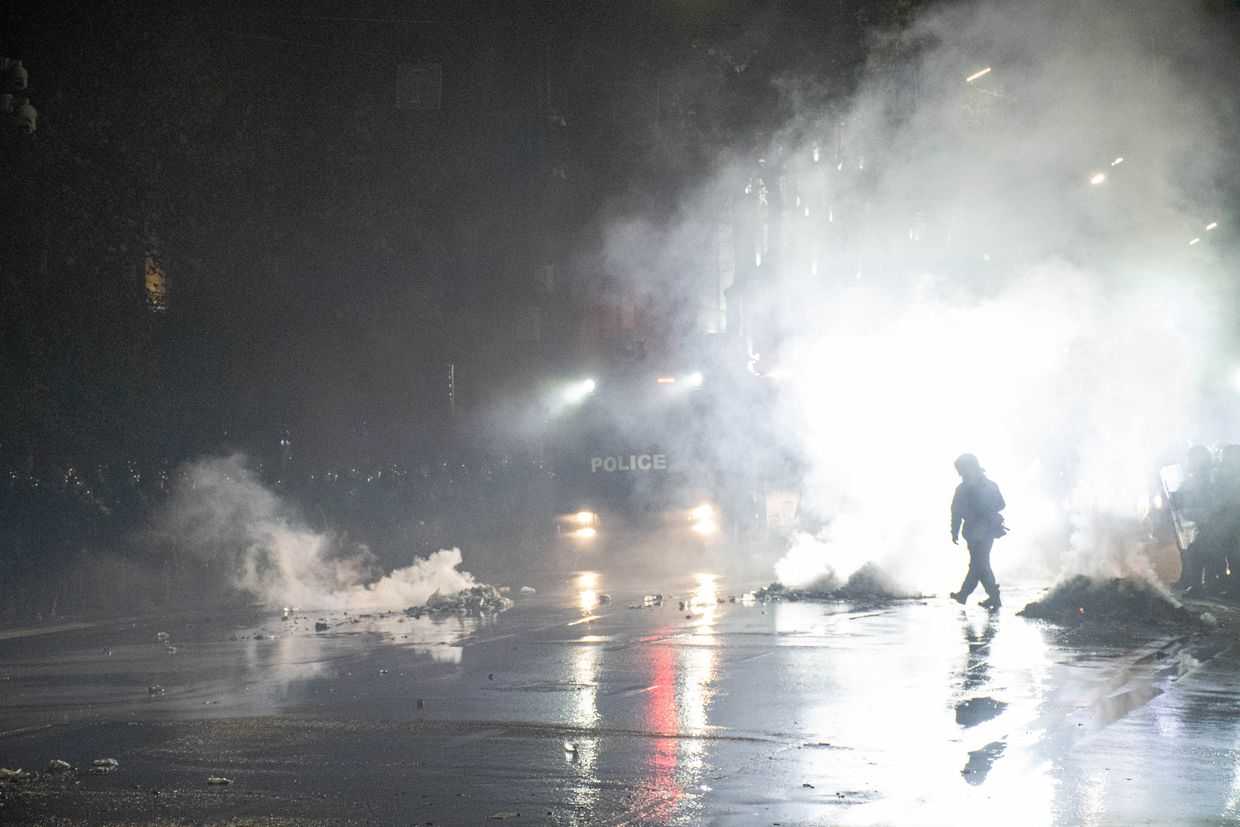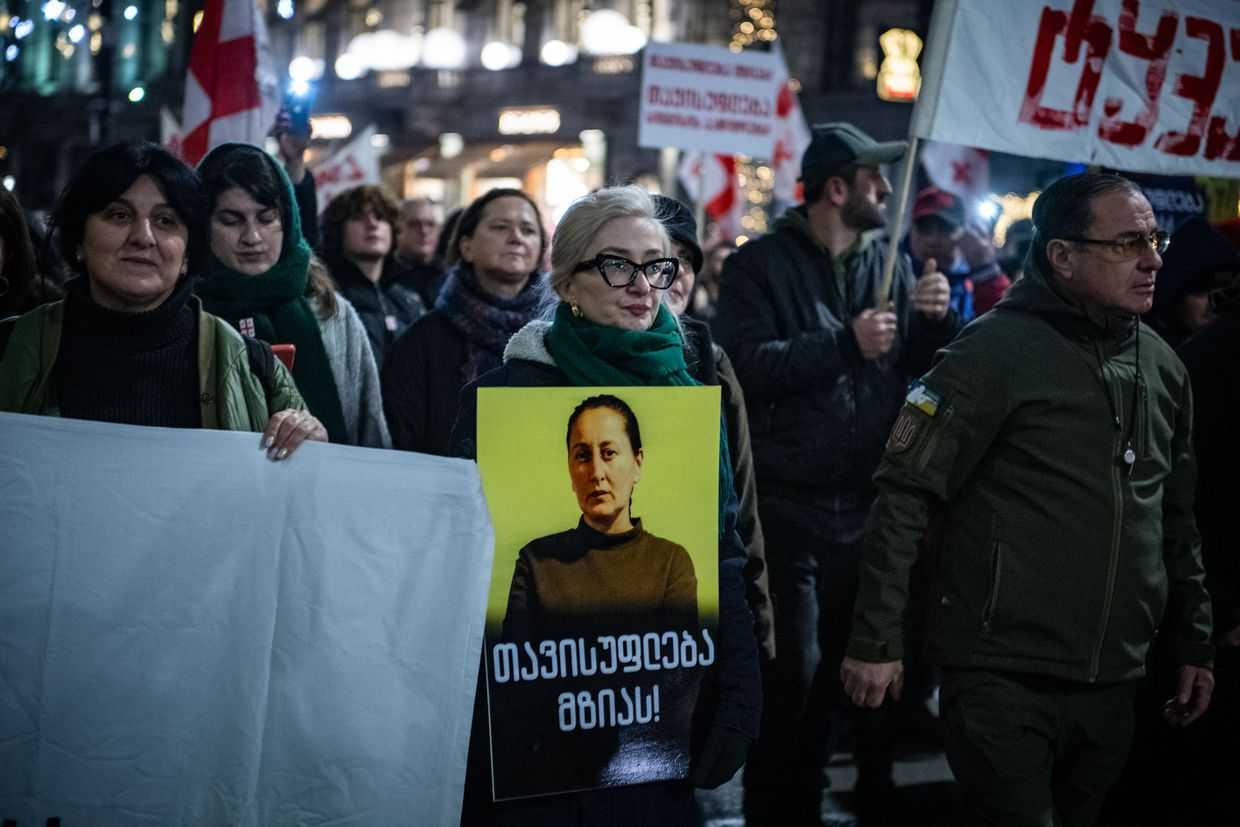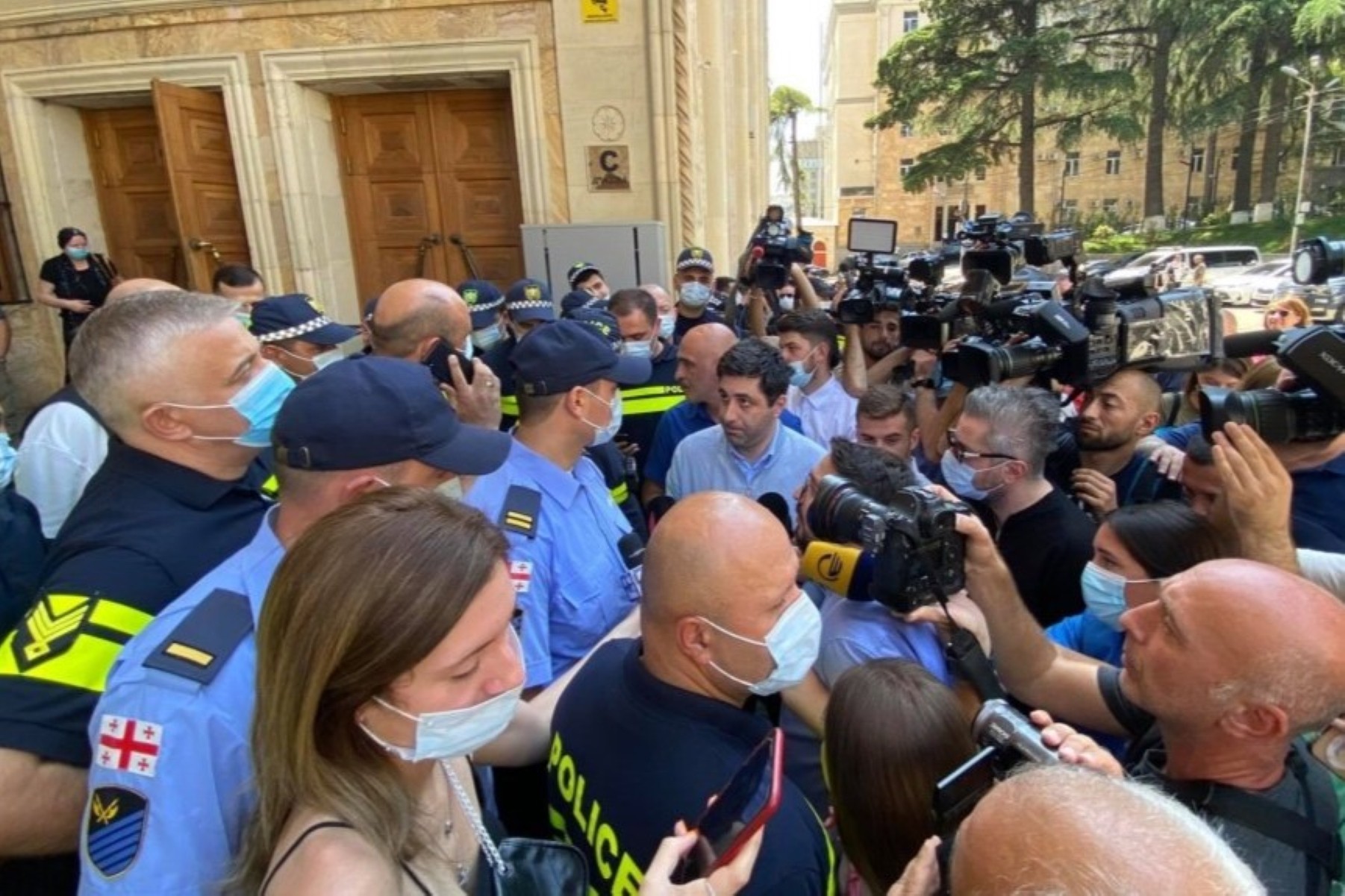
Georgia has introduced a new parliamentary ‘code of conduct’ for journalists, which would allow the authorities to ban journalists for questioning MPs after they refuse to respond to queries. The opposition and media rights groups have raised concerns that the rules will be used against critical outlets.
The updated rules for parliamentary media accreditation came into effect on Tuesday, having been announced only the day before by parliamentary speaker Shalva Papuashvili.
Amongst the less controversial clauses, including prohibitions on disrupting parliamentary sessions or treating someone in parliament in a ‘rude, discriminatory, or sexist’ fashion, the speaker’s new decree also obliges journalists to stop an interview if an MP, member of staff, or a guest does not consent to it.
Journalist would initially face a month-long suspension for violating the rules, and a six-month ban for repeat offences. Journalists who have their parliamentary accreditation revoked cannot be replaced by another journalist from the same media outlet, which could effectively bar some outlets from parliament.
Papuashvili’s decree also indicated that they would not accredit a journalist of a media group ‘which does not engage in covering parliamentary work’.
‘Extremely problematic’
The changes were seen by many as the latest example of the ruling party’s long-running animosity towards opposition-aligned and critical media.
In recent years, senior members of Georgian Dream have refused to be interviewed by several major TV channels or take part in their programmes.
Multiple reporters responded to the new rules by claiming that chasing after a lawmaker in the halls of parliament was sometimes the only way to confront them with uncomfortable questions.
Georgia’s Charter of Journalistic Ethics, a union and journalistic self-regulatory group, swiftly criticised the new rules and called on the speaker to reverse his decision, warning that it would contribute to ‘endangering democratic principles such as accountability’.
‘Against the background of it being nearly impossible for the media to obtain public information, and ruling party members giving interviews to the media selectively, regulations like these will make obtaining information and informing the public impossible’, the Charter warned.
The Charter also criticised amendments that suggested that the access or mobility of journalists in parliament could be limited in the case of ‘specific’ planned events or ‘security regimes’, while not specifying what might qualify as such.
To Giorgi Davituri from the Tbilisi-based Institute for Development of Freedom of Information (IDFI), the inability to replace a sanctioned journalist appeared to be an attempt to ‘filter the media’.
‘This is about regulating entire media groups within the parliament, not just individual journalists’, said Davituri. ‘It is extremely problematic.’
According to the Georgian online watchdog platform Mediachecker, investigative media group Studio Monitori and a reporter from TV channel Pirveli, Nata Kajaia, scrambled within hours to mount separate lawsuits against the new rules.
Borrowing from ‘leading European countries’
Announcing the new rules on Monday, Papuashvili claimed that they were inspired by ‘best practices in leading European countries’. This claim was repeated by Georgian Dream party Chair Irakli Kobakhidze and Mamuka Mdinaradze, the leader of the party’s parliamentary faction.
‘In any European [parliament], or even in the [American] Congress, there are much stricter regulations’, claimed Kobakhidze. ‘[Georgia’s] political and media culture are still in the process of development.’
Mdinaradze similarly claimed that the changes were reasonable and necessary.
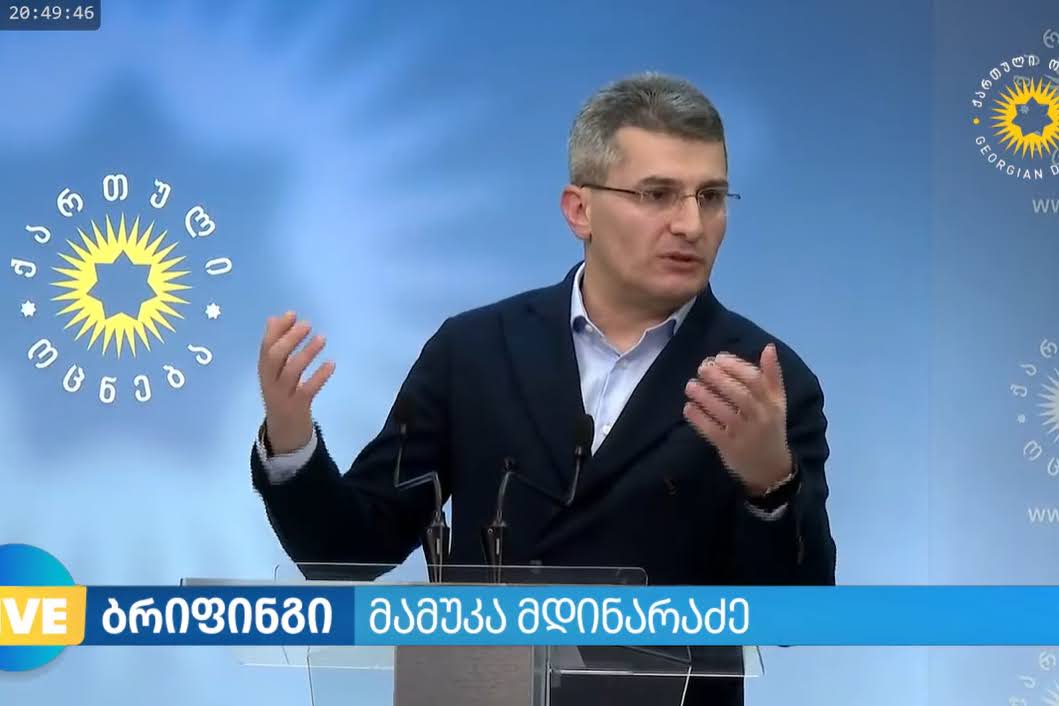
‘What is [currently] done is — sorry to put it like this — idiocy. You chase after a respondent and make them walk back and forth for 10, 20, 30 minutes and say something to you even if they don’t want to’, Mdinaradze complained to reporters during a press conference on Monday.
He added that footage of such scenes was later used to ‘discredit’ those refusing to answer questions.
According to Giorgi Davituri from IDFI, the actual point of these new rules is not to shield a lawmaker from harassment.
‘The whole aim is to provide maximum comfort to MPs and filter what they have to say’, says Davituri. ‘They’ll use this to make the scenes of lawmakers running away from reporters’ questions disappear.’
In response to an inquiry from OC Media, Mdinaradze’s team shared the 2021 study of foreign parliamentary accreditation rules on which he claimed Georgia’s new code of conduct was based.
The study by Georgia’s Parliamentary Research Centre noted a prohibition on the use of hidden recording devices in the European Parliament, and a ban on ‘paparazzi-like’ tactics of ‘chasing’ lawmakers by the Danish parliament, amongst other examples.
But IDFI’s Giorgi Davituri said that limiting a reporter’s right to engage with a lawmaker was an answer to an issue that had been poorly formulated and incorrectly identified.
‘The real question here is whether a lawmaker has an obligation to listen to a journalist’s questions. They don’t even want to do that.’
‘A massacre in broad daylight’
Ana Natsvlishvili, an MP from the opposition Lelo party, has been outspoken in her criticism of the new rules, speaking in parliament against their introduction.
Natsvlishvili told OC Media that it was not appropriate to apply foreign parliamentary regulations without taking into account the specific context in Georgia.
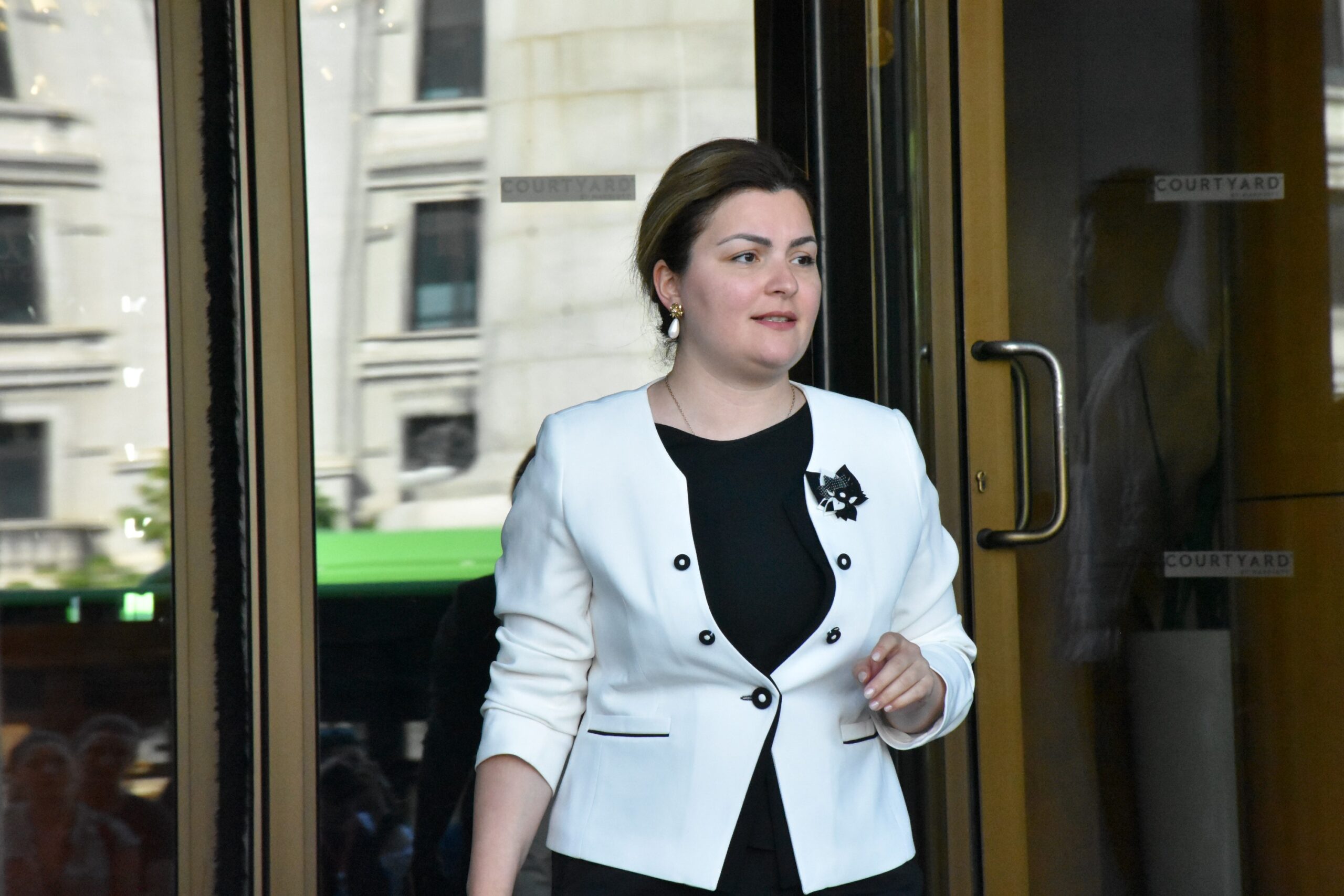
‘The media environment in Georgia is challenging. We have a culture minister that committed a crime — obstructing a journalist’s work — by grabbing a reporter’s microphone — and was not punished’, said Natsvlishvili. ‘This is also the government that witnessed a massacre in broad daylight right in front of parliament.’
‘In a context like this, borrowing from the practices of Belgium or Germany in a sterile way is just laughable.’
Natsvlishvili also noted the ruling party’s widely-reported refusal to engage with opposition reporters and channels. Leading members of Georgian Dream have repeatedly alleged that the media groups they refuse to engage with — TV channels Mtavari, Pirveli, Formula, and Kavkasia — are run by the ‘radical opposition’.
’This government has turned into a “closed” government that repeatedly fails to provide public information […] and hasn’t participated in political debates on so-called “opposition channels” for years now’, said Natsvlishvili.
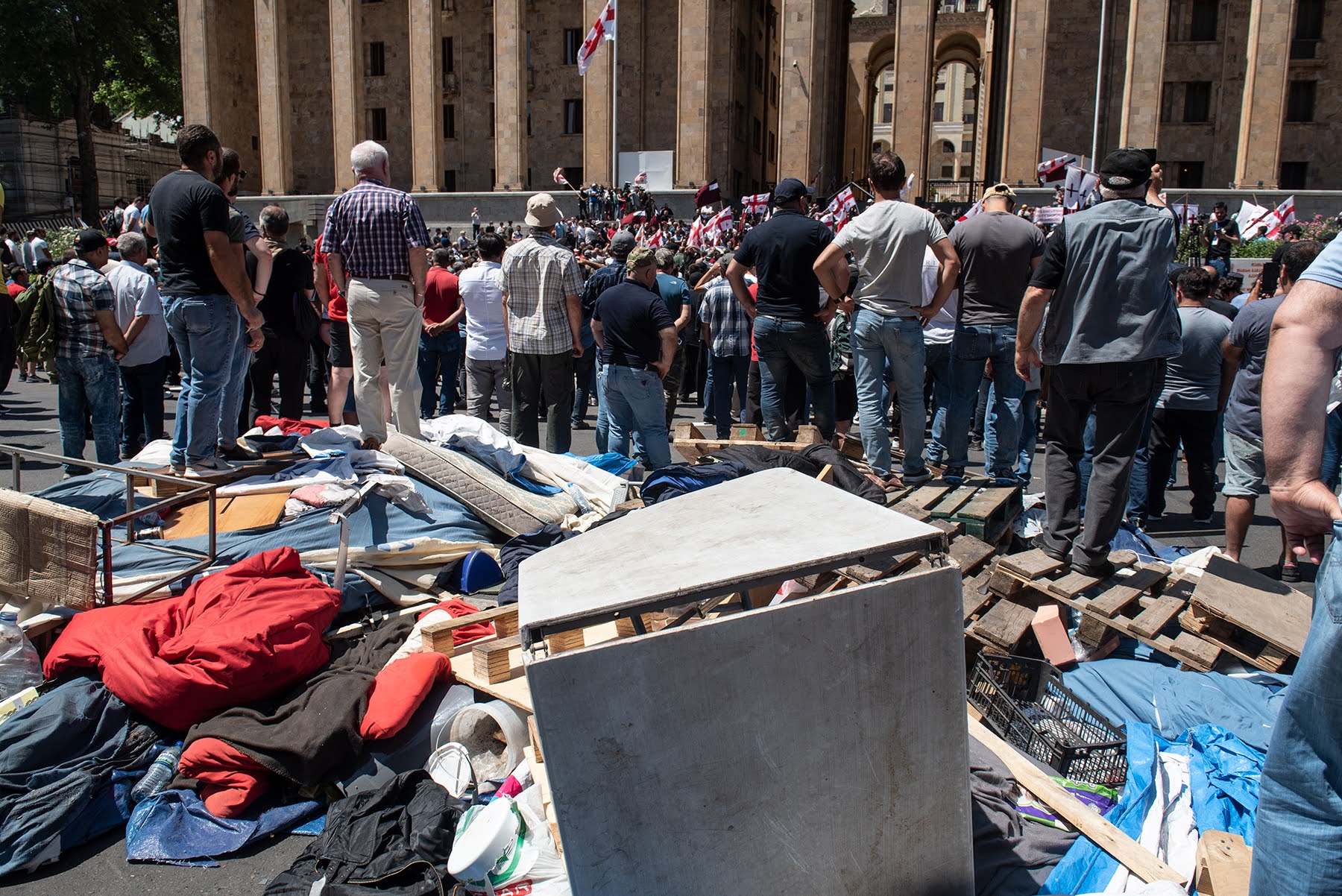
The MP noted that while she had herself faced unethical behaviour and coverage from some media outlets, she had responded using media self-regulatory mechanisms.
Natsvlishvili added that it was ‘absolutely unacceptable’ that the changes had been made without consulting lawmakers or the media.
Don’t film what you can see
Journalists and media watchdogs have also taken issue with a ban on journalists recording documents or the screens of electronic devices if they are not intentionally shown and permission is not given to record them.
IDFI’s Giorgi Davituri agreed that there are ethical norms that should be observed, and that there may be areas in parliament where recording should be restricted. But he described the ‘blanket’ ban on journalists recording what was visible ‘nonsense’.
‘What does it even mean? One may, for example, have a camera recording and boom, it may catch some document that I later deem important to report about’.
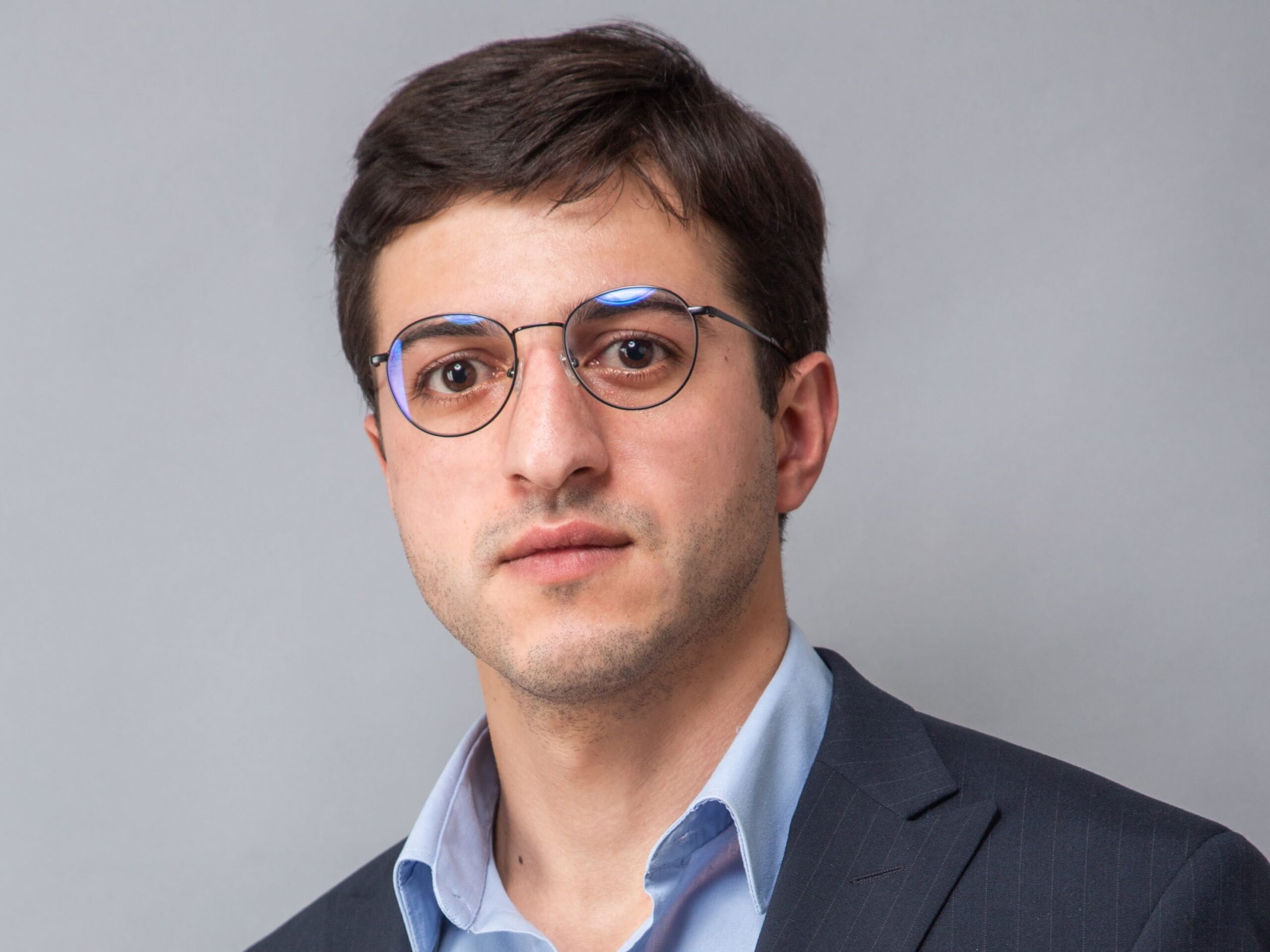
In recent years, members of the ruling party have found themselves embarrassed on more than one occasion after TV crews reported on the content visible on their mobile phones as they sat in parliamentary sessions.
These included MPs playing games on their phones, as well as messaging group conversations featuring instructions from party leaders on what they were supposed to say in their parliamentary statements and to the media.
‘I disagree with this reasoning that: “I have idiot lawmakers, so I will impose a limitation on filming” ’, Davituri noted.



